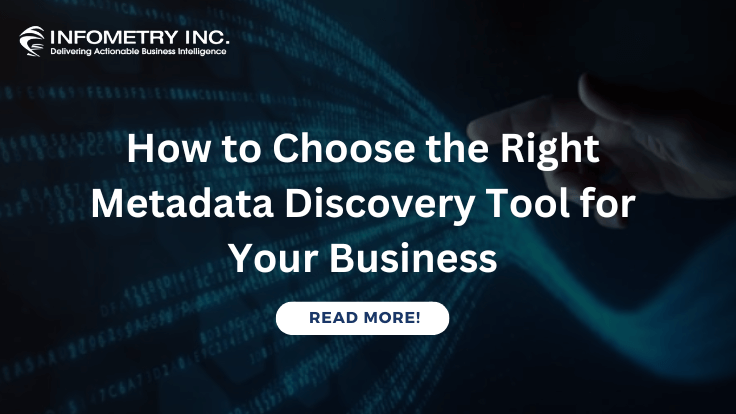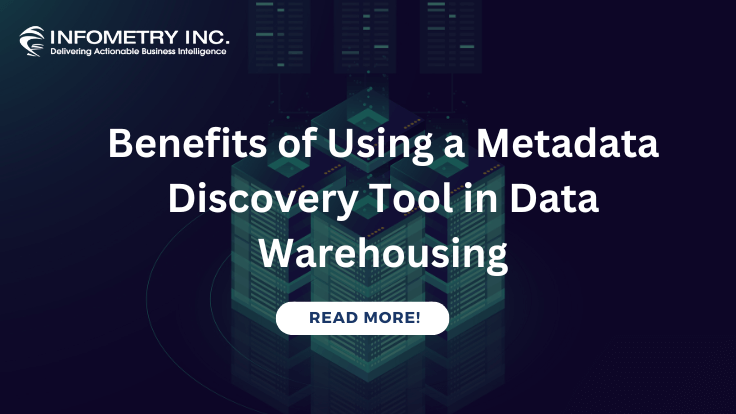
A Beginner’s Guide to MuleSoft & How Does It Work?
September 28, 2022
How Does API-Led Connectivity Strategy Work?
October 6, 2022Data Analytics and NFT
Two words have become buzzwords and trending over the internet, i.e., Data Analytics and NFTs. So, if the Data is the new oil, then enterprise NFTs are the tankers. Due to it empowering the actual worth of data, we require a digital pipeline through which data can stream across significant business limits in a protected, trusted way while regarding the rights of all stakeholders. This is where blockchain-based ‘enterprise non-fungible tokens (NFTs)’ provides a solution. Initially considered a ledger to store digital currency exchanges securely, blockchain has developed into a platform to keep any data that might be needed to share in a protected, trusted way. Today, resources like monetary instruments, land and luxury items are being recorded immutably on the blockchain. For enterprises, the time has come to consider their data a resource. Enterprise NFTs allow them to do so.
In economies represented by data exchange, NFTs seem to be the upcoming generation of data transfer. Furthermore, security will progressively play a part since the field is still very naïve and analytical studies with NFT market data share exploratory level statistics. Data analytics is vigorously associated with the development and utilization of NFTs. By understanding how users cooperate with NFTs, data analytics can help to improve the overall insight. Moreover, tracking movements and monitoring any criminal behavior to ensure safety.
Here How Does Data Analytics Contribute to NFTs?
Data Analytics helping NFTs in the Following Ways

- Monitor which NFTs are being exchanged and what their qualities are on trades.
- Examining client behavior on applications that uses NFTs to understand better how they are being utilized and what upgrades could be made.
- Tracking the provenance of digital art to prevent fraud and ensure authenticity.
- To ensure NFT projects are finished, there should be a follow-up on transaction history, transaction data, digital artwork, digital assets, and all public data.
Blockchain technology offers this, yet none of it can function admirably with data analysis or a senior data scientist in an organization, ensuring that these things work like a well-oiled machine. If you are looking for a data analyst to assist with your NFT project or are curious about how data analytics can improve this exciting new industry, then at that point, from finding out about NFT ownership and blockchain and how it will help you to establish your understanding. Also, to uncover the extraordinary possibility of how NFTs becoming a common thing in the future. Hire a pure-play data analytics company- Infometry, for your project!
Data Analytics & NFTs for Business
NFTs have turned into a significant part of many organizations’ business strategies. Driving this trend are the benefits that blockchain offers over conventional approaches for data capacity. This incorporates permanence, decentralization, and transparency.
Principally, NFTs permit organizations to build a digital proof of proprietorship, participation, and even transaction to various experiences they offer their clients. Moreover, NFTs are clear as crystal and instant.
NFTs permit data to be containerized into shareable, tradeable, and identifiable resources. Whenever Data is containerized as an NFT, enterprises can share these NFTs as a resource among themselves. Intelligent agreements can naturally implement processes and financial terms under which these NFTs are shared. Any data relating to a blockchain-based NFT is carefully marked and time-stepped, making a safe and verifiable audit trail of the resource the NFT addresses. At the point when Data is changed over into an NFT, its creation, customization, sharing, and assent can be in every way recorded, thus making an evident review trail that empowers enterprises to follow significant guidelines.
How does Data Analytics Help to Make Smart NFT Investments?
Fortunately, deep data analytics tools to make informed Web3 investments are now accessible. One model is Defy Trends, a far-reaching tool compartment that helps people to create data-backed crypto and NFT investment choices. It may be compared to a Bloomberg terminal for crypto and NFTs. The toolkit aggregates millions of data points into simply-understood indicators that permit you to get an all-encompassing perspective available in one spot.
Many people on the right track presently entering the crypto space don’t understand it. Defy Trends and other Web3 analytic frameworks will create the experiences essential to go with informed decisions, rather than seeking divine intervention for a coin to go up because of rumors and hearsay.
Eventually, this is the power of data analytics applied to the Web3 investment markets, and its significance is simply going to increment as this market keeps on growing.
NFTs and Data Analytics Tracking Movement and Trends Together
Data analytics is engaged with developing and implementing new blockchain-based frameworks that manage non-fungible tokens (NFTs). Specifically, data analytics can be utilized to recognize and follow trends on the lookout for NFTs, as well as to foster better ways to involve NFTs to develop the overall client experience further. For instance, an individual may explore an NFT art site and gather knowledge about the digital fine art accessible. Data analytics can monitor the blockchain network and the NFT marketplace. If you’re keen on becoming familiar with advanced resources and NFT collection, you can monitor analytics to accumulate more data.
![]()
What’s the Future of Data Analytics and NFTs Will Have Together?
A data platform is a vital part of a successful data analytics activity. With headways in digitalization and associated advances, a lot of data are being created and consumed. Nonetheless, the potential for making value from this Data remains secure because of incentivization and regulatory and technological challenges in data sharing among enterprises. Data being the ‘new oil’, organizations should think about data sharing necessities to have the option to contend and develop economically. Enterprise NFTs permit organizations to empower data as a resource and share it in a safe, trusted environment.
Associations can utilize big data to store enormous amounts of data and make it effectively available to experts. It can likewise also provide a variety of tools that can be used to break down data. This permits analysts to rapidly and effectively find the Data they need to make informed choices. The advantages of utilizing a data platform incorporate superior decision-making, a better understanding of customer behavior, and more efficient operations in the NFT space.




